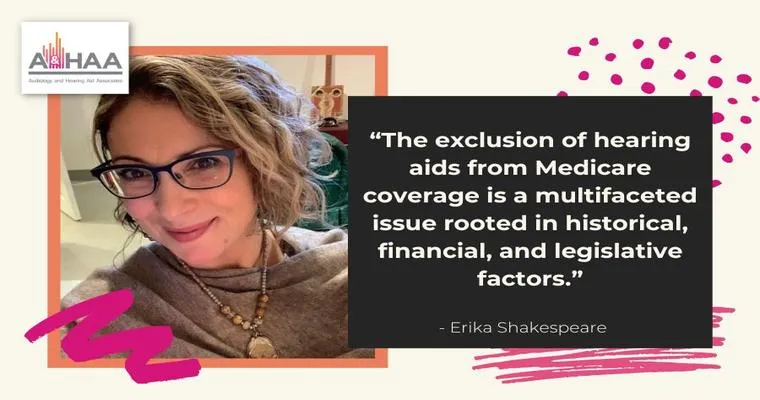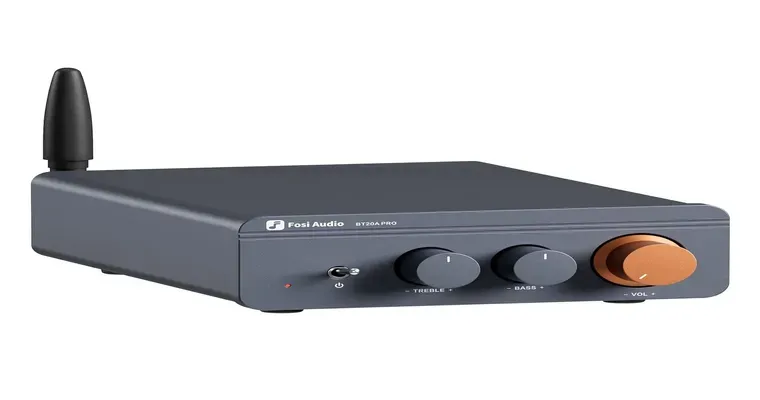Many individuals are left wondering whether "Medicare covers hearing aids" and the associated costs. This is an important question, especially for seniors and those experiencing hearing loss. Understanding the intricacies of "Medicare coverage" can help you make informed decisions about your health care needs.
Medicare, the federal health insurance program primarily for people aged 65 and older, does not typically cover the cost of "hearing aids". However, it is crucial to know the specifics of what is included in the coverage and what alternatives may be available. While Original Medicare (Part A and Part B) generally does not provide benefits for hearing aids, there are a few related services that may be covered.
For example, Medicare Part B may cover diagnostic tests and evaluations conducted by a doctor or audiologist to determine the extent of your hearing loss. If your physician deems a hearing evaluation necessary, Medicare can help cover the costs associated with that assessment. This is an essential first step in addressing any hearing issues you may be facing.
In certain cases, if hearing aids are deemed medically necessary for an underlying condition, some Medicare Advantage Plans may provide coverage. These plans are offered by private insurance companies and may include additional benefits not available with Original Medicare. Therefore, if you are considering hearing aids, it is advisable to review your Medicare Advantage Plan details or contact your provider to understand your specific coverage options.
There are also programs and resources available that can assist with the costs of hearing aids. Some state Medicaid programs may offer assistance for hearing aids, particularly for low-income individuals. Additionally, non-profit organizations often provide resources for those in need of financial help to obtain hearing aids.
If you are concerned about the cost of hearing aids, there are alternative options available that may help you save money. Many manufacturers offer financing plans or discounts that can make hearing aids more affordable. Furthermore, over-the-counter hearing aids have recently become available, providing a more budget-friendly option for those with mild to moderate hearing loss. These devices can be purchased without a prescription and may be a viable alternative for those who do not require extensive audiological support.
In conclusion, while "Medicare does not cover hearing aids" directly, understanding the coverage options available can help you navigate your hearing health needs. By exploring Medicare Advantage Plans and seeking alternative resources, you can find a solution that works for your situation. Always consult with your healthcare provider for personalized advice and to determine the best course of action for your hearing health.





